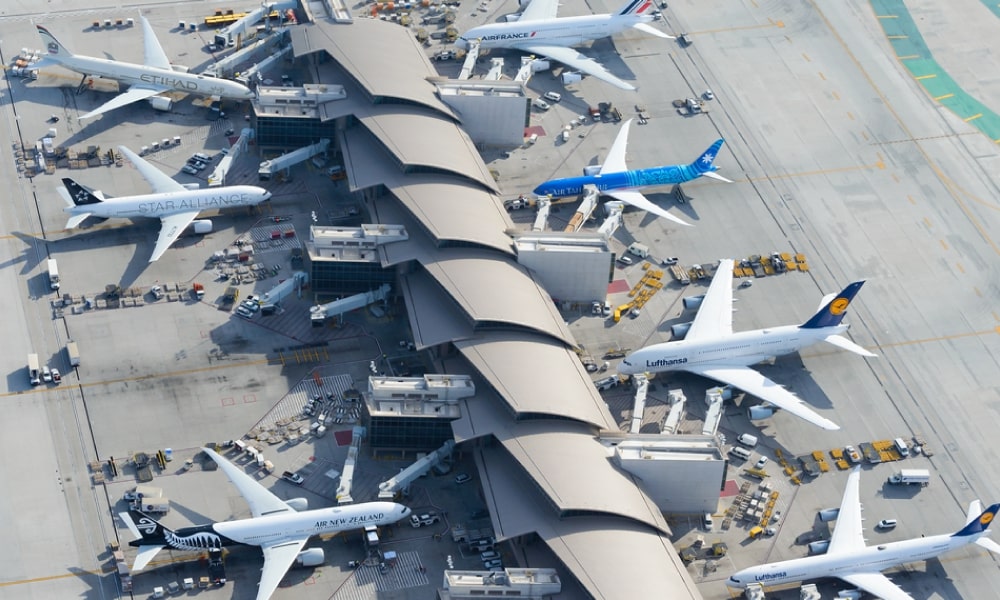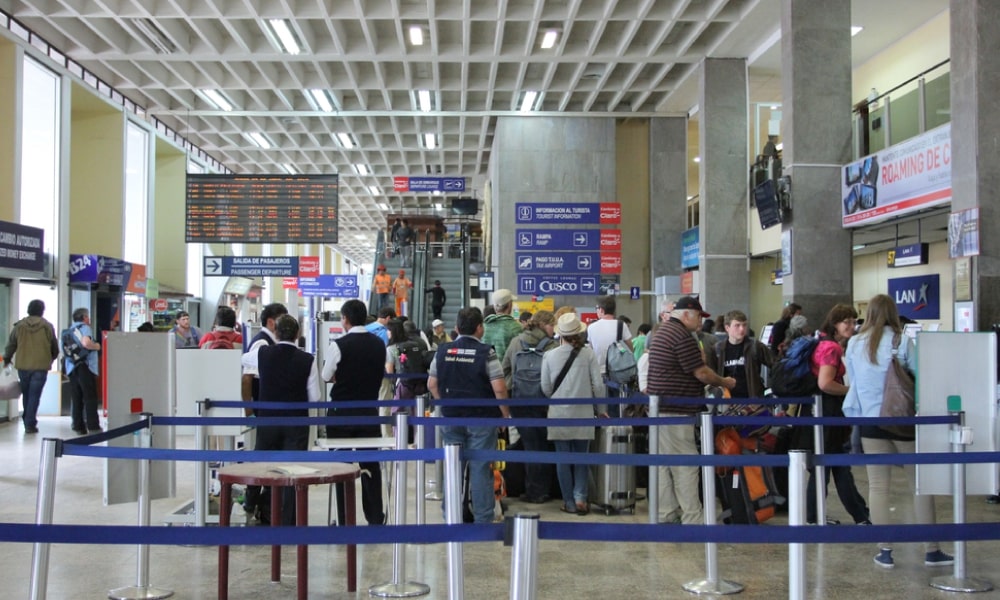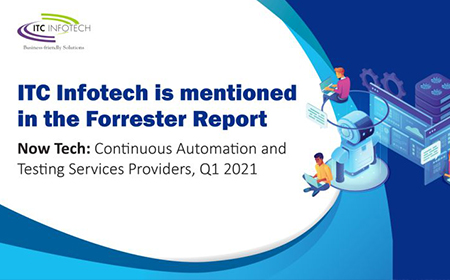Flying Beyond COVID
Although the COVID pandemic has affected every industry, there are some it has changed more than others – aviation was amongst the worst hit. There are two broad categories where we see a major impact:
Direct and immediate: The drastic reduction in demand has eliminated revenues. Booking cancellations and running opex have forced most global airlines to ground the entire commercial passenger fleet and some have filed for bankruptcy.
Cascaded long term: Travel is an essential part of life and business. While virtual communication is a necessity now, humans cannot keep their desire to travel, and for personal interactions, in check for long.
The aviation industry cannot afford to wait and watch the situation. It must be proactive. This is the crisis when leaders, despite the odds, can reset and re-shape the future. Our analysis suggests there should be two sets of parallel teams who should be addressing the crisis:
⦁ Team 1 should be working relentlessly to reduce costs and cut losses
⦁ Team 2 should be working on a plan for revival the moment the pandemic is behind us
Read More
Meanwhile, some things that have drawn our attention when exchanging views with friends in the industry or reading aviation-related research:
- Airlines are investing in customer communication related to new destinations and the new processes they are putting in place to engage customers and retain them in a post-pandemic world. Some ideas distilled from our interactions with the airline and hospitality industry include:
- Create and publicize new no-touch processes, especially in areas such as automated baggage handling, biometric-based check-ins, remote processes for employees to minimize physical presence and interaction
- Work with airports to create touchless, biometrics-based boarding gates manned by robots
- Showcase new mobile and interaction tools such as voice-based in-room assistants used to service customers
- Create examples around the usage of robots and automation for guest/ customer safety and comfort (for example, in-flight videos on how cabins are sanitized, adherence to hygiene standards in the preparation and handling of in-flight meals, etc.)
- Provide engagement opportunities to guests/ customers by webcasting cocktail and cooking classes, yoga that can be practices mid-flight for healthier air travel, etc.
- Leverage VR to send guests on “holidays” to hotel properties or airline destinations
- Determine the optimal size and dimension of networks and fleet within the next few weeks
- Consider M&A and consolidation opportunities; we hear many businesses are considering joining hands while operating certain sectors or market geographies
- Make a stringent checklist for sanitization and hygiene factors and an aircraft certification process for every flight operation to win back customer confidence
- Design new business processes and invest in smart technologies, including IoT, for a contactless flying experience
- Re-look at financial settlements with partnering channels and participating vendors to cut credit time – and better still, to make all settlements almost real-time
Over the last decade, many airlines have become a set of smaller organizations, with regional operations, low-cost brands, specialized cargo businesses, etc. It is time to centralize the data across these organizations and use real-time analytics to create synergies, cost-saving opportunities, and improved efficiencies.

Each strategic theme will aim to achieve business outcomes that will help airlines realize the short and long-term goals in becoming a true digitally transformed airline.
Many of our industry friends are utilizing this time to conceptualize a Lean-IT organization, including offshoring much of their application portfolio and strengthening their contact center experience by leveraging cloud, while many are considering ways to use automation to improve operational processes and reduce costs. Finally, some airlines are using sophisticated analytics to back their demand stimulation programs—packages, discounts, loyalty programs, etc., that can be applied to sectors that begin to show lift. And the lift will come because if anything is inventive and resilient, it is us, humans.
Revival of Airline Industry
As the countries drive their vaccination program and the travel restrictions are gradually
getting lifted, the industry needs a re-start.

System Restart
Airlines need to strengthen the System’s capability to get planes back up in the sky, providing a safe travel experience.
System Capability
- Airline Personnel readiness
- Airline readiness
- Supply chain readiness
- Slots & Schedule planning
- Travel Experience (biosafety)
- Fitness to fly
- Airport experience
- Onboard experience
- Aircraft cleaning & sanitization
Demand Restart
Airlines need to restore confidence for the governments to relax travel restrictions, and provide confidence to people to fly and stimulate demand while keeping air travel affordable.
Restore Confidence
- Managed restrictions
- Guidance & comms for customers
- Access to Travel insurance
- Open destinations
Stimulate Demand
- Financial sustainability
- Travel incentives
- VISA & Planning facilitation
- Destination marketing

Focus Solution
The new normal has brought newer priories for airlines. The sector suffered an estimated revenue loss of over USD 252 billion in 2020 alone. Simultaneously, in the experience economy, customer experience needs are at an all-me high. Airlines can no longer afford wastage. This is where an algorithmic strategy for Airlines becomes critical. Power-driven Algorithmic Solution Strategy ensures resource optimization across different business functions – Network Planning, Revenue Management, Marketing, Ancillary Services, Flight and Ground Ops, etc. The current solution suite includes an overbooking recommendation engine, no-show and last-minute cancellation propensity, Passenger Demand Forecast, Real-me Dynamic Pricing, F&B Wastage minimization, Fuel Tankering Optimization, Delay Prediction, Destination hold fuel estimation, etc.
ITC Infotech’s Platform of Intelligence for Airlines accelerates the Data & Analytics journey of airlines and helps them realize value quickly across the value chain.
The Platform of Intelligence (POI) for Airlines is a Service offering to implement and deploy Intelligence at scale across the value chain to realize potential benefits in the Airline industry.
The POI implementation is backed up by Microsoft’s industry and data & analytics experts to define the current state, future roadmap, and select the right use cases to deliver value and scale the platform on Azure. Our platforms of intelligence for airlines are powered by AI/ML and offer continuous insightful support to key leaders in commercial, operations, and marketing. It empowers these leaders with insights to optimize costs, improve operational efficiency, productivity, and customer engagement. It enables airlines to accelerate value realization – 2% incremental passenger load factor, 4% savings in fuel, 3% upside in crew utilization, and 2% improvement in TAT.
The Platform of Intelligence for Airlines is designed to be a cornerstone as the Airlines sector embarks on its journey of Intelligent Automation. ITC Infotech has served 30+ airline customers in its 15+ years of Travel IT services and has created this modular solution that can be customized and used by different customers. The component-based architecture of the platform makes it very flexible for customers to adopt one or many of its components depending on business priority.

The Platform of Intelligence for Airlines is designed to be a cornerstone as the Airlines sector embarks on its journey of Intelligent Automation. ITC Infotech has served 30+ airline customers in its 15+ years of Travel IT services and has created this modular solution that can be customized and used by different customers. The component-based architecture of the platform makes it very flexible for customers to adopt one or many of its components depending on business priority.
Read more
Blog
Fly High, Adopt Personalized Managed Services
ITC Infotech shows the way with persona-based Managed Services for a personalized business experience.
For years now, organizations have been leveraging the power of managed services to optimize operational costs and enhance efficiency. ITC Infotech has delivered an average of 10% reduction in cost YoY and increased the efficiency by 15-20% through process automation, business optimization, and unique value-based commercial models. But are cost optimization and efficiency the only benefits of managed services that organizations can leverage on their journey to digital next? The answer is a resounding no.
In this article, we discuss how the aviation sector can use managed services for enhanced business experiences. Read more




